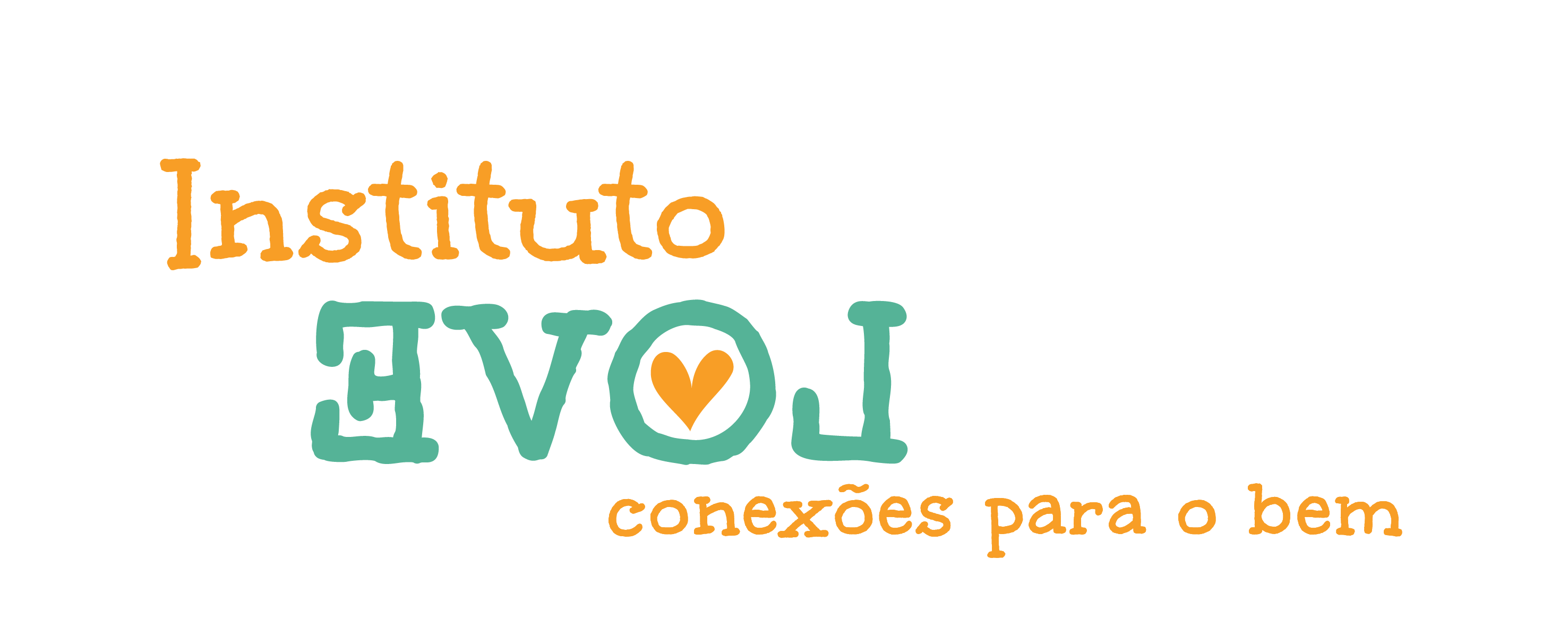A lot is said about the solidarity of Brazilians or about how Brazil is a country that gives little compared to other countries. The moment we are living in puts the importance of the third sector in evidence, but what is the role of Civil Society Organizations (CSOs) in advancing the culture of donation in our country?
Today, our volunteer president Natalie Bennett Pinto Melare brings a reflection on the impact of transparency and accountability on the culture of giving in Brazil. It’s worth taking 5 minutes off her Thursday to reflect with us:
*By Natalie Melaré
Among so many other opinions, suggestions and “truths”, when we ask about the Culture of Donation in Brazil, the most common answers are:
“Brazilian people are not in the habit of donating”
“Giving culture in Brazil is long overdue”
“Only those who have money donate”
Today I would like to share here why I, Natalie Melaré, founder and volunteer president of Instituto Devolver, was not in the habit of donating money. I always donated time, articles and products that I no longer used, but money, I didn’t donate. This was one of the main reasons I decided to enter the third sector and found Instituto Devolver.
Today we see a huge movement in Brazil to engage Brazilians to donate. Yes, a necessary movement, of extreme importance and which I support. I support and I also see that we need to start a complementary movement, yes, something more. We need to understand the reasons why most economically active Brazilians are not yet socially engaged or are not comfortable making a donation.
Yes, it is true that many do not have as much information about the social projects that exist on the market. Sometimes they haven’t found a cause they can identify with, or they simply don’t have the financial availability at the moment to make a donation. Yes, there are many reasons. But, for me, the biggest reason that limited me, that didn’t allow me to complete donations, was INSECURITY. Yes, this is a reason that I’m sure many Brazilians certainly identify with.
Just reflect a little on everything that the last generations have faced in the country. Political distrust, economic insecurity and now health insecurity. This feeling is very present in Brazilians for a good reason. Now, let’s reflect a little on the act of giving. I always like to analyze the act of donating under a theoretical analogy with the consumer experience, since donating and buying involve the same act of transferring one’s own resources to third parties.
When we decide to buy something, a blouse, for example, we go into a store and choose the model, the color, try it on and we have the POWER OF DECISION, whether to buy or not. When we decide to buy, we take this blouse home to wear at some point. When we use it, we will feel satisfaction or we will want to make the exchange. Always having the power of decision and a complete experience as a consumer.
Let’s now think together about the steps of a donation. As a potential donor, we access a website, which can be referred to by a friend, who we saw in a post on social media or some well-known organization. We decided that we want to donate. Today, some organizations offer value options, those that will be used by them in some project, we have some that are intermediary, where they collect and transfer to partner organizations. Regardless of which we choose, we need to reflect on our experience as a giver. We went through the entire registration stage. We choose the value and/or in some situations the value and how it will be directed. When purchasing school supplies, food, etc.
Finished! We donate! We received a thank you email. And now? How is our experience as a consumer? We make a “purchase”, we choose an amount, we pay for something that we are not going to use. Here is the moment where, in my opinion, the third sector needs to invest, rethink and reinvent itself. And now? I, the donor, need to complete my cycle and this is where that feeling of INSECURITY comes in.
As a donor, I was not comfortable with finalizing my donation after my first experience…do you know why? Will the 10 Reais I donated really reach an institution? How do I know they actually bought the school supplies? Did they set aside the 10 Reais for the purchase of school supplies? Or did they withhold any fees to cover their administrative costs or fees?
Okay. Many will respond that they don’t feel that way because they know who’s behind the project or they know someone who already works there. Let’s think in a different way. I’m not talking about the donating company, in an investment fund, which often has its own institution, or donates to an institution of a friend or partner. I’m talking about the individual, who doesn’t know the founder of the institution personally or someone who works there, who often doesn’t have many resources at the end of the month, who earns money with sweat and how will he know if the donation really is being used?
Yes, we are reflecting on this individual. The one that is insecure and needs the customer experience. Yes. This one.
Do you know what he needs? TRANSPARENCY.
Unfortunately, this real transparency, where we have all the information of our “purchase”, the third sector organizations still don’t share. This is the movement I am referring to. The movement of transparency, the movement that needs to be carried out within institutions before or even in conjunction with the movement in favor of a culture of donation.
If the third sector does not realize the importance of transparency, accountability and sharing information to our “consumers” so that they can have their “purchase satisfaction”, we will not reach the national level awareness that we would like to have.
Obviously, each third sector institution has its way of sharing information with its donors, but my point is that they always need to take into account the angle of the donor without a personal link or trust with the institution. When he/she accesses your website, Facebook page and/or Instagram profile, does he/she have access to all the information he/she needs to know and identify with your institution? Is there enough information about who is behind your initiative? About your team? About your governance? This information needs to be clear and easily accessible.
Now I’m going to go into the details of the donation itself. Does the Institution make it clear, since its first interaction, about how the donated money will be used? For example, I donated R$10.00. What percentage will be retained for the Institution’s remuneration and/or payment of costs, is this information visible, clear?
Does your donor receive the necessary feedback after the donation? Does he know if his donation was used? Like? Was it passed on? When?
My view is that he/she needs to have a positive experience as a “social consumer”. Email, WhatsApp, social media are just some of the many ways to share our social work.
Experience proves to me that a donor who is fully satisfied with their experience will become an “ambassador” for the cause and help with dissemination and, of course, help with raising awareness of the giving culture. The answers to my questions above are easy and practical examples of something that every institution in the third sector should be able to implement.
Taking all of this into account and adding to the unique moment of community solidarity that we are going through, we in the third sector have a unique opportunity, a special chance to show our importance to Brazilian society and to create a lasting relationship with potential donors , a true lifestyle. Here comes the “post-purchase” experience and how the institution relates to the donor before, during and after receiving their donation. A donor with positive, transparent experiences who feels involved in the social cause and responsible for the positive impacts of social projects will certainly become a “social ambassador”/“influencer” and will remain engaged on a recurring basis.

